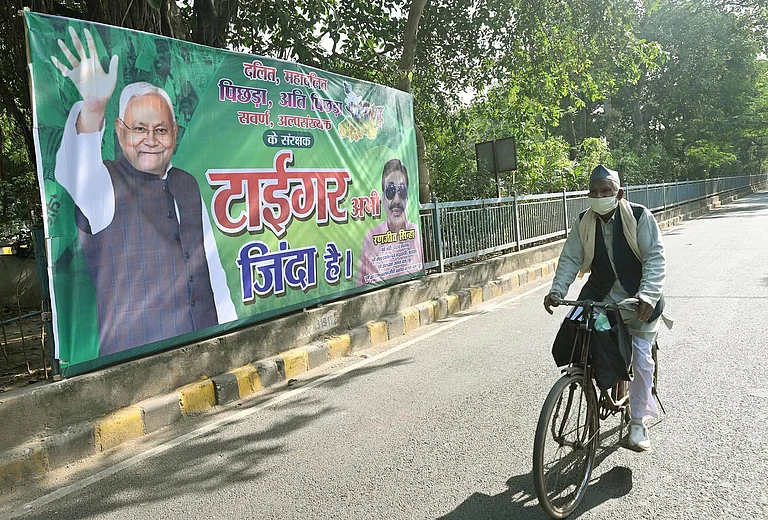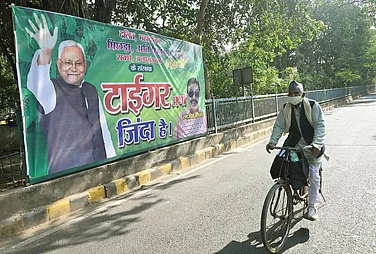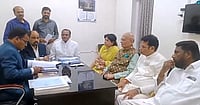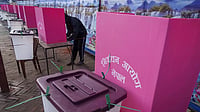Education imparted to a student in his mother tongue as provided under the new National Education Policy (NEP) will increase his ability to think, reason, analyse and research, Union Home Minister Amit Shah said here on Saturday.
Addressing a gathering at the 95th anniversary of Sheth G C High School at Vijapur here, Shah said work was underway to translate into regional languages the syllabi of technical, medical and higher education courses, and added that the NEP will make India number one country in the next 25 years.
Under the British education policy for pre-Independent India, rote learning was a sign of intelligence, he said, adding that students did not have the power to think, research, reason, analyse, decide and understand, which created many issues in the society.
"The new education policy, which has made fundamental changes, including laying emphasis on the mother tongue, will make India number one in the world in 25 years," the Home and Cooperation Minister said.
"If a student reads, speaks and thinks in the mother tongue, then it will increase his ability to think, his reasoning power, the capability of analysis, and research will naturally emerge within this child," Shah said.
"The fundamental change in the NEP is to educate students in their mother tongue at primary and secondary level as far as possible. I am confident in another two, five, seven years, all the students in the country will be imparted education in their mother tongue and their mothers will be able to teach them in their language," he said.
Along with this, the syllabi of technical, medical and higher education are being translated into the mother tongue, Shah said. Medical education in Bhopal was being imparted in Hindi after translation of the syllabus of the first semester, he added.
"Gujarati, Telugu, Odia, Punjabi and Bengali - higher and medical education courses will begin in all these languages. From there, India will begin to contribute significantly in research and development," he said.
Shah said a person is able to have original thinking only when the subject to ponder over is taught in his mother tongue, and the new education policy will help provide a platform to a child's inherent capacities like art and music etc.
"NEP has created a big role for commercial and skill education. More than 50 per cent students will be connected to commercial education before Class 10, and this will help to take them towards self employment, micro and cottage industry," Shah asserted.
-With PTI Input






















